College of College of Graduate Studies
Emancipating ourselves from mental enslavement: What Mutwa said
The publication of this article could not have come at a more appropriate time, when externally in the public arena the nation is witnessing the political discourse that erupted from questioning the effectiveness of the Constitution in alleviating African poverty. Similarly, the College of Graduate Studies Community Engagement (CE) Indaba held on 16 November 2021 could not have been shared at a more fitting time of what often is cited as Black History Month (02 January - 28 February).
The late VusamaZulu Credo Mutwa was a towering South African healer, prophet, artist, poet and author. The CGS CE project, “The Indigenous Knowledge Guild of Credo Mutwa: A Pedagogical Challenge to Higher Institutions of Learning”, engaged in its second indaba on 16 November 2021, examining what Mutwa said about preventing recolonisation.
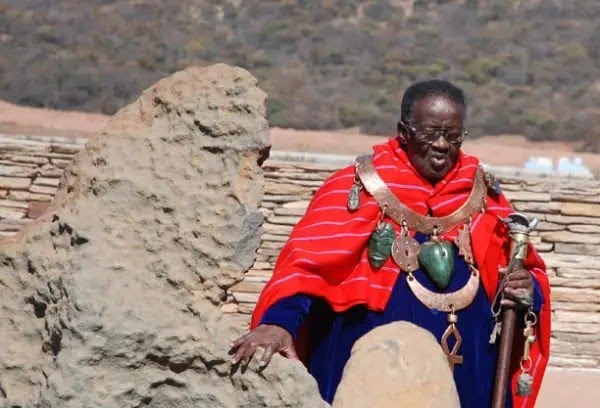
Sanusi VusamaZulu Credo Mutwa. Image credit: Twitter (@BikoFoundation)
The indaba’s theme, “Emancipating ourselves from mental enslavement: What Mutwa said…”, emphasised that the fact that Eurocentric knowledge is diametrically opposed to African indigenous knowledge is not a mistaken view. Mutwa established that the total lack of understanding between black and white, i.e. between indigenous and Eurocentric knowledge, is due to the failure to understand what goes on in the mind of the other knowledge holder. Mutwa charges that the sad part is that the misunderstanding is mostly on one side – the most powerful side, the Eurocentric side.
Professor Memme Makua, member of the CGS CE Committee and former Acting Head of CGS Quality Assurance and Enhancement, set the tone as she welcomed the distinguished guest speakers, saying that it was through the indigenous knowledge guild of Mutwa that the academy was looking forward to hearing what Baba Mutwa said about mental enslavement and how we can emancipate ourselves. She affirmed that building on the sac of this knowledge has proved that the sac is no longer empty as today they are harvesting as they learn from those who have gone ahead. Makua reiterated the affirmation in isiZulu: indlela ibuzwa kwabaphambili.
CE project concept note
The CE project concept note was presented by the CE project leader, Tebogo Kgope, and project team members Tshwaro Motsage and Sylviah Gurumani. The trio highlighted key points about the project. Motsage said that Unisa aligns its community engagement efforts with the vision “towards the African university in the service of humanity”, and Gurumani shared that the goals of the CE project are to apply the indigenous knowledge of Mutwa and to build capacity towards a meaningful African university. Kgope explained that according to Mutwa, Africans must tell the world everything about themselves, who and what they are, their likes and dislikes. She maintained that doing so would similarly enhance an African framework and scholarship that applies Mutwa’s indigenous knowledge guild as part of critical pedagogy in institutions of higher learning.
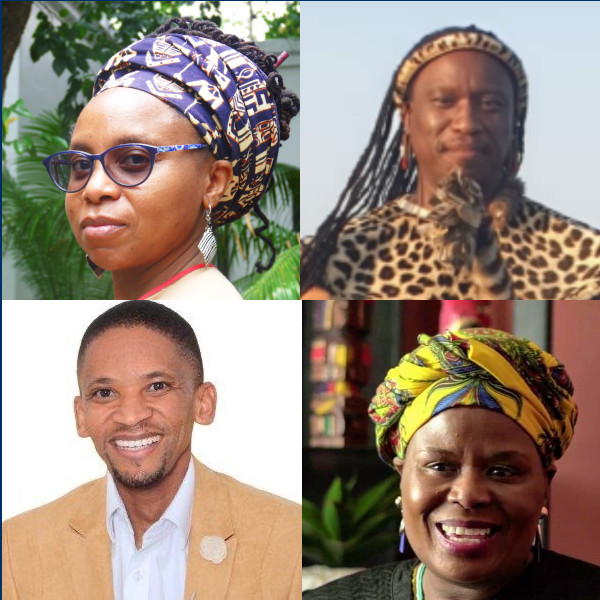
Guest speakers clockwise from top left: Chairperson of the Credo Mutwa Foundation, Rutendo Ngara, Director of Zazi Know Thyself, Mkhulu Mhleli Linda, daughter of Credo Mutwa, Makhosi Nozipho Vulamasango Mutwa from the Credo Mutwa Foundation, and Director of Sedupane’s Legal Consultancy, Advocate Kgositoi Aubrey Sedupane
The Chairperson of the Credo Mutwa Foundation, Rutendo Ngara, affectionally offered her greetings in the grand style of the Sanusi Mutwa: “the honourable ones”. In her address Ngara shared that “the great Sanusi was a polymath, an indigenous knowledge wisdom keeper”. Ngara spoke eloquently about how Mutwa also travelled a lot in search of the uniting knowledge that was innate within the African continent. She said that “today the tragedy is that the same cycles of violence, disease and climate change are rife, and almost 60 years since his seminal book Indaba, My Children (1964), it is not only the colonial rulers who have little knowledge and understanding of African indigenous knowledge of Mutwa, but Africans have also lost their African epistemologies, ontologies and pedagogies”. Ngara talked on the topic “Living in the multiplicity of Credo Mutwa: An emancipatory pedagogy”.
Mkhulu Mhleli Linda, Director of Zazi Know Thyself, spoke on the topic “Indigenous healing and leadership: African education perspectives”. Linda believes indigenous healers have always had a close relationship with indigenous leadership. Linda also shared the spiritual gathering that the CE team had with the Credo Mutwa family and other stakeholders of the project at Isivivane, Freedom Park. He explained that the plea at this gathering was not only to ask for blessings, but to request the Sanusi “to rescind his curse, that ‘this country can go to hell for all I care’”. Linda said that although current timelines depict that forgiveness comes with repentance, many people who went through the injustices of this country have not been remorseful, and that poverty still wears a black face”.
The indaba was blessed to have the presence of Baba Credo Mutwa’s daughter, Makhosi Nozipho Vulamasango Mutwa, who shared her loving upbringing with her father. She told how they were deprived of many things, but education was not one of them, as this was formally ordained in them by Mutwa. Makhosi thanked Unisa for giving her father’s work and knowledge the space and time it deserves, alluding to the fact that his work is being multiplied by the many Credo Mutwas who are out there applying his knowledge.
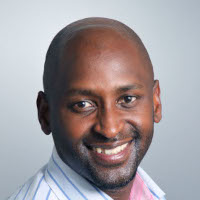
Prof. Tennyson Mgutshini
Advocate Kgositoi Aubrey Sedupane was the final speaker and addressed the topic of “Indigenous languages and cultures under the current legal framework”. Sedupane gave reflections on the South African Constitution, which he described as “the tool of emancipation”. He emphasised that section 6(2) of the Constitution speaks about the languages that were dismembered and forgotten, and section 30 of the Bill of Rights provides that “everyone has the right to use the language and cultural life of their choice, but no one exercising these rights may do so in a manner inconsistent with any provision of the Bill of Rights”.
In his closing remarks, the then Acting Executive Dean of CGS, Professor Tennyson Mgutshini, thanked the late Sanusi Credo Vusamazulu Mutwa for giving humanity reasons to appreciate and acknowledge the indigenous knowledge within themselves. Mgutshini stressed that the college would ensure that the CE project was better capacitated to make certain that this indigenous knowledge was not deprived.
*By Hanli Wolhuter, Communication and Marketing Specialist, College of Graduate Studies
Publish date: 2022-02-02 00:00:00.0


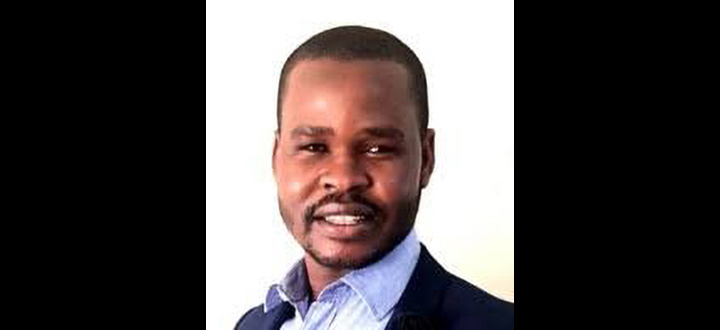 Mental health among men in the workplace needs more attention
Mental health among men in the workplace needs more attention
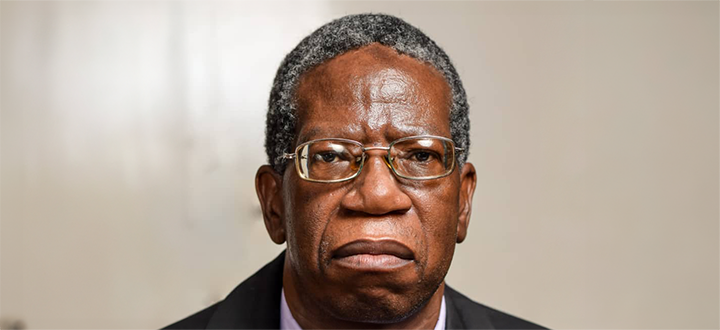 "I owe everything to Unisa and my late supervisor's priceless mentoring"
"I owe everything to Unisa and my late supervisor's priceless mentoring"
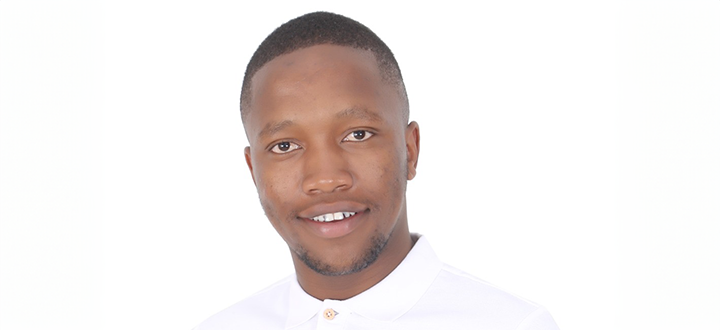 Majikijela - a queer scholar raising homosexuality awareness through his work
Majikijela - a queer scholar raising homosexuality awareness through his work
 Unisa and Inqaba Biotec unveil groundbreaking DNA research platform
Unisa and Inqaba Biotec unveil groundbreaking DNA research platform
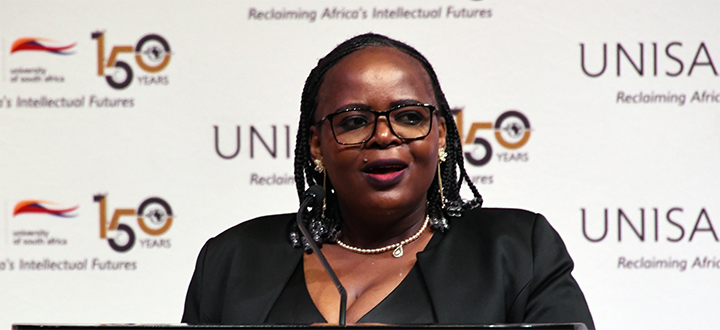 College of Law appoints esteemed scholar as executive dean
College of Law appoints esteemed scholar as executive dean